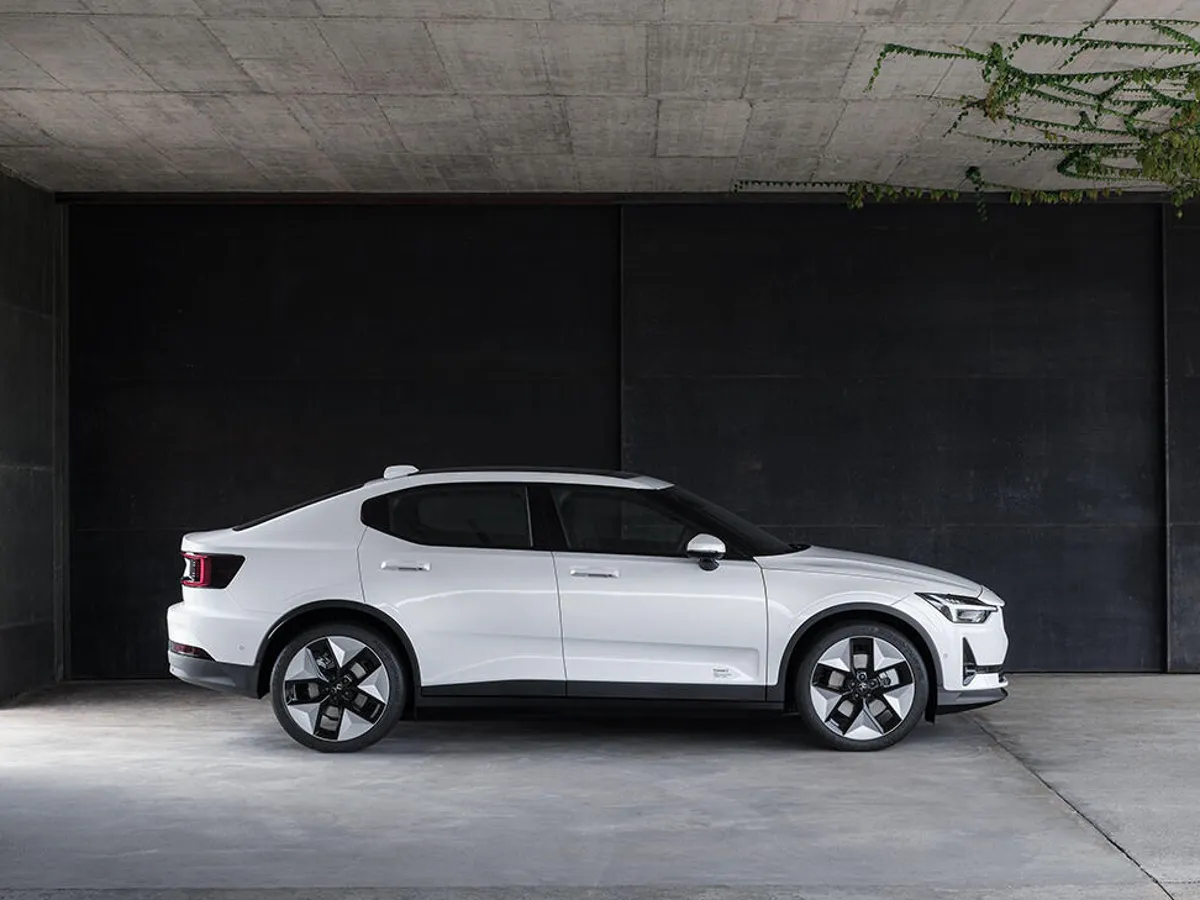Electric cars have been around for over a century, but it is only in recent years that they have become a viable option for the average consumer. With the rise of electric cars, there has been a lot of talk about their impact on the environment.
In this article, we will explore the benefits and drawbacks of electric cars and their impact on the environment.
What are Electric Cars?
Electric cars are vehicles that run on electricity instead of gasoline or diesel. They are powered by rechargeable batteries that store electricity and power an electric motor.
There are two types of electric cars: battery electric vehicles (BEVs) and plug-in hybrid electric vehicles (PHEVs). BEVs run solely on electricity and must be plugged in to recharge, while PHEVs have both an electric motor and a gasoline engine and can switch between the two.
The Benefits of Electric Cars
One of the biggest benefits of electric cars is their environmental impact. Electric cars produce zero emissions, which means they do not contribute to air pollution or greenhouse gas emissions. This is a huge benefit for the environment, as air pollution is a major contributor to climate change and other health problems.
Another benefit of electric cars is their energy efficiency. Electric cars are much more efficient than gasoline-powered cars, as they convert up to 60% of the energy stored in their batteries into motion. Gasoline-powered cars, on the other hand, only convert around 20% of the energy stored in gasoline into motion.
Electric cars are also cheaper to operate than gasoline-powered cars. Electricity is much cheaper than gasoline, which means that it costs less to charge an electric car than it does to fill up a gas tank. Additionally, electric cars require less maintenance than gasoline-powered cars, as they have fewer moving parts and do not require oil changes.
The Drawbacks of Electric Cars
While electric cars have many benefits, they also have some drawbacks. One of the biggest drawbacks is their limited range. Most electric cars can only travel around 100-200 miles on a single charge, which can be a problem for long-distance travel. Additionally, it can take several hours to recharge an electric car, which can be inconvenient for drivers who need to travel long distances.
Another drawback of electric cars is their high upfront cost. Electric cars are more expensive than gasoline-powered cars, due in part to the cost of their batteries. While the cost of electric cars is coming down, they are still out of reach for many consumers.
The Impact of Electric Cars on the Environment
Despite their drawbacks, electric cars have a positive impact on the environment. As mentioned earlier, electric cars produce zero emissions, which means they do not contribute to air pollution or greenhouse gas emissions. This is a huge benefit for the environment, as air pollution is a major contributor to climate change and other health problems.
Electric cars also have a lower carbon footprint than gasoline-powered cars. While the production of electric car batteries does produce some emissions, these emissions are offset by the fact that electric cars produce zero emissions during operation. Additionally, as more renewable energy sources are used to generate electricity, the carbon footprint of electric cars will continue to decrease.
The Future of Electric Cars
The future of electric cars looks bright. As battery technology continues to improve, the range of electric cars will increase and the cost of batteries will come down. Additionally, as more charging stations are built, it will become easier for drivers to recharge their electric cars on long trips.
Governments around the world are also promoting the use of electric cars through incentives and regulations. In some countries, electric cars are exempt from certain taxes and tolls, while in others they are required to meet certain emissions standards.
Conclusion
Electric cars have come a long way in recent years, and their impact on the environment is undeniable. While they do have some drawbacks, their benefits far outweigh them.
As battery technology continues to improve and more charging stations are built, electric cars will become an even more viable option for the average consumer. If you are considering purchasing a new car, an electric car is definitely worth considering.



